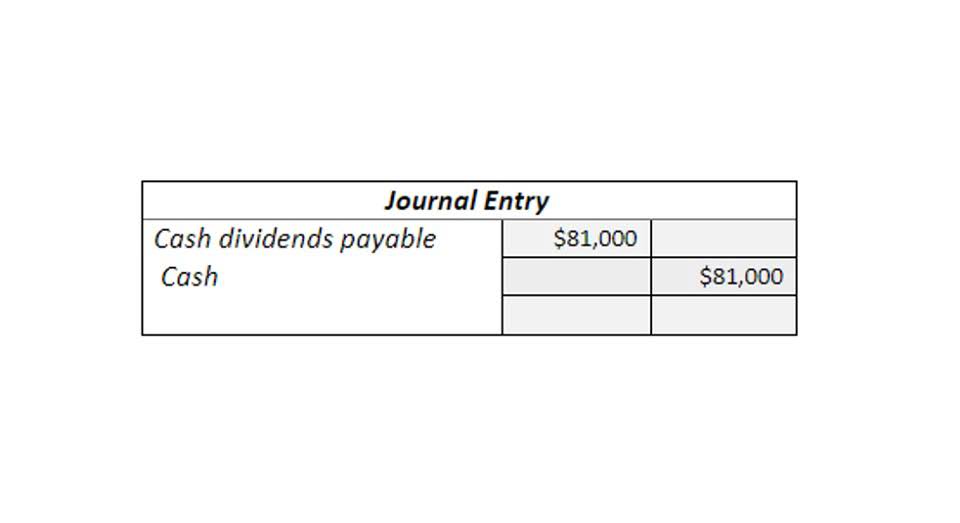
We help clients navigate federal regulations as well as the nuances of the states in which they operate. We’re not going to piecemeal any of it – we’re going to do the cost accounting right. Everything’s gonna have an audit trail, and we’re going to do inventory accounts and cash accounts.

Cost Accounting & COGS in the Cannabis Industry
- They discuss common questions CPAs have, how laws and regulations have changed over the years, and more.
- While cannabis might be legal in some states, it remains illegal under federal law, classified as a Schedule I narcotic under the Controlled Substances Act (CSA).
- • CPA Academy—A leading organization that has a specific course for bookkeeping beginners who are working in the cannabis industry.
- You’ll also have a better idea of what a trained Cannabis accountant should know and how to make better decisions to ensure that your business is on track to grow amid this booming industry.
- He is the former majority leader of the California State Assembly and most recently served at Akin Gump, where he led the California public law and policy practice, said the firm.
- I tell people in a 30-year career, you may have the chance to get involved in a new industry maybe once in your career, and the time is now for cannabis.
- This study also provides explanation as to why Certified Public Accountants are reluctant or unwilling to serve the cannabis industry.
So there’s some opportunity that if you’re maybe from rural practices and you want to learn more about agriculture accounting and I think you can cross over and do some sections over on their side of the aisle as well. Cannabis businesses are regularly being audited by the IRS, and your role in their financial accounts can make all the difference in them being shut down, having to pay legal fees, or being allowed to continue running. Frameworks such as PPA requiring shrewd judgments are dependent on the formulation of a clear, legally compliant methodology. Maximizing the performance of cannabis-oriented businesses hinges on accurate legal and financial information, a topic you can learn more about at the AICPA & CIMA Cannabis Industry Conference in August. Harborside, formally known as Harborside Health Center, an Oakland, CA-based marijuana dispensary, was notably overruled in its appeal against 280E in a landmark case. Setting the bar for cannabis-related businesses across the country, the ruling upheld against Harborside rendered it liable for several million dollars in back taxes.
Common Accounting Challenges for Cannabis Businesses
In addition, three worried that serving CRBs would jeopardize their Certified Public Accountant license. Table 4 shows the counts and percentages of Certified Public Accountants responding to the primary reasons they would not serve the cannabis industry. Because cannabis businesses are paying taxes on such a larger amount (Gross Profit, not Net Profit), C corporations offered some advantage. The corporate tax rate is approximately 20% (actually 21%), while the highest personal tax rate is around 37%.

Industry essentials
The Colorado Board went on to caution Certified Public Accountants that their Position Statement does not constitute an endorsement for Certified Public Accountants to enter the industry (Colorado Board of Accountancy 2015). Certified Public Accountants must adhere to an extremely high standard of ethical conduct as provided by the American Institute of Certified Public Accountants (AICPA) Code of Professional Conduct and individual state codes of conduct (AICPA 2014). Unlike many business professionals, Certified Public Accountants obtain a license or permit to practice from the state(s) in which they provide services (AICPA 2016). A violation of ethics or “lack of good moral character” could potentially result in a loss of the Certified Public Accountant license, and therefore the potential loss of the ability to earn a living (AICPA 2016, p. 11).
New Tool Automates PPP Loan Forgiveness Process for Cannabis Businesses
Turn your receipts into data and deductibles with our expense reports that include IRS-accepted receipt images. Whatever may happen, keeping accurate and organized books will enable you to enjoy smooth business operations. Creating and submitting quarterly financial reports and your tax returns becomes much easier.
- You’ll need to help them understand that “getting their books done” means more than reconciling every single transaction in their business — though that’s a crucial part of it to ensure the business doesn’t get shut down.
- Furthermore, AI and machine learning are being utilized to predict trends, optimize inventory levels, and enhance cost management.
- Everything’s gonna have an audit trail, and we’re going to do inventory accounts and cash accounts.
- Table 5 summarizes the responses when asked what professional accounting and tax services are most needed in the industry.
- This study shows that US Certified Public Accountants should weigh the risk of federal prosecution and potential loss of the Certified Public Accountant license when deciding whether to serve a CRB client.
- The 1,500-lawyer firm has been known in recent years for investing in technology and new legal service delivery methods, including spinning out a tech-focused managed services business, Gravity Stack, in 2018.
- However, the court sided with the taxpayer and determined that the organization operated two separate trades or businesses and apportioned the income and expenses to each.
With this ebook, you will be able to more fully understand what processes and controls need to be in place so your business can be both compliant and profitable. You’ll also have a better idea of what a trained Cannabis accountant should know and how to make better decisions to ensure that your business is on track to grow amid this booming industry. When asked to describe their cannabis client acceptance procedures, all five of the Certified Public Accountants working with the industry indicated that they try to get to know the client much like any other potential engagement. Table 12 summarizes the client acceptance procedures described by Certified Public Accountants that service the industry. The Washington State Liquor and Cannabis Board publishes a report of monthly “Sales Activity by License Number.” For December 2018, 433 cannabis licenses reported sales activity. The 433 license numbers were then cross referenced to the “Washington Listing of Marijuana Applicants” report which provides company names, addresses, and phone numbers.
Planting the Seeds of a Successful Business
Among an accountant’s first ports of call could be to gain an overview of operations by fully comprehending each step of the supply chain from seed to sale. The path to law firm partnership https://www.bookstime.com/ and leadership is often a race for business development. But female partners are often trying to run the race with a long list of expectations competing for their attention.
Qualitative research is particularly well-suited for the “early stages of research” as in the case of a young industry such as cannabis (Belotta 2018, p. 2623). The grounded theory approach to qualitative research utilizes “systematical methodological procedures” to identify theories as they “emerge from the data” (Astalin 2013, p. 121). Grounded theory cannabis accounting is particularly appropriate for research such as this study which seeks to generate theory based upon the reported data from participants (Savin-Baden and Major 2013). Grounded theory requires one to continuously compare and analyze data previously collected to the new data being collected to identify patterns and themes and produce theories.
New York City Allows Cannabis Operators to Deduct Business Expenses from Local Taxes
Accurate scanning records and transparent accounting procedures are what a cannabis business needs to track its finance and enhance its credibility with financial institutions and potential investors. As mentioned earlier, under IRC 280E, cannabis companies cannot deduct business expenses such as rent, vehicle, and marketing like other companies because their business is related to a controlled substance. Including restrictions on the deductibility of expenses under IRS section 280E, which can impact cash flow significantly. Items normally standard as cost of goods sold will be subject to IRS scrutiny, such as employee salaries, utilities, marketing & advertising, routine repairs and maintenance, rent, insurance, and payments to contractors. This structured overview of financial activities allows for better reporting and insight into your business’s financial health.

